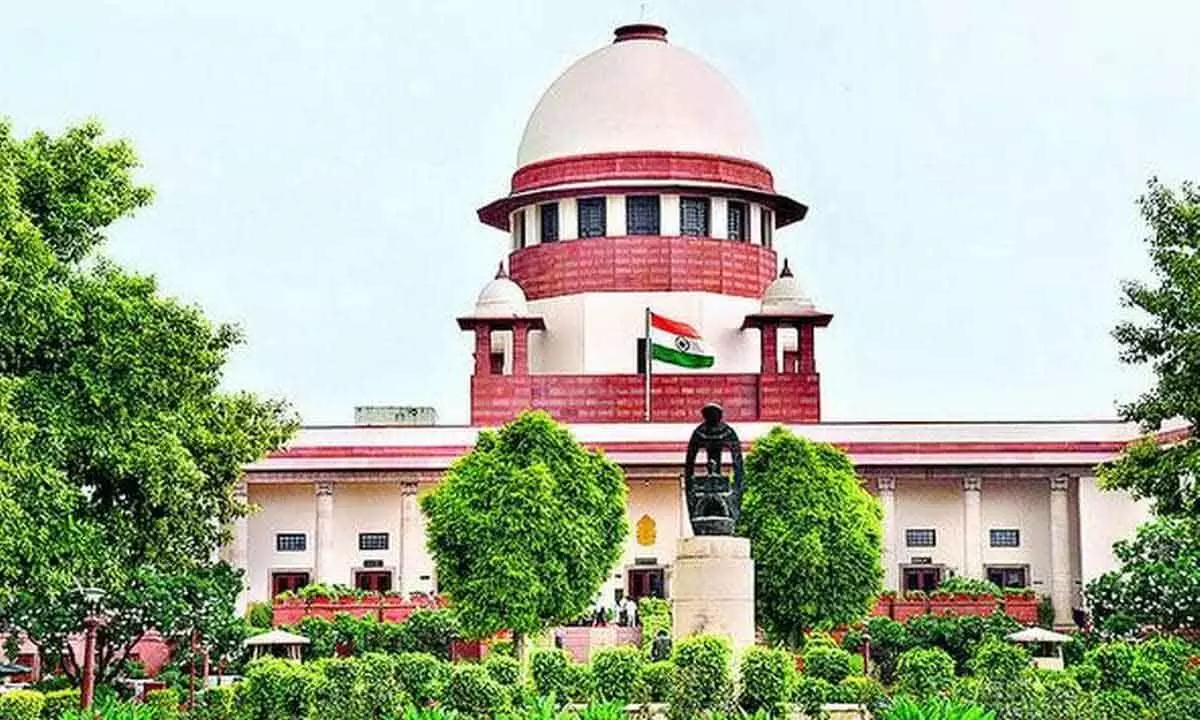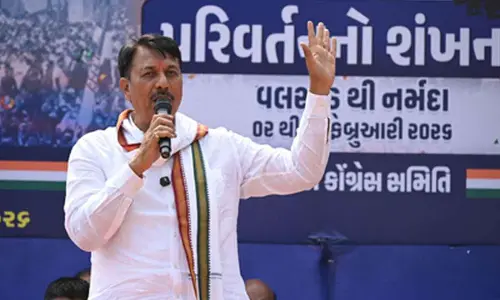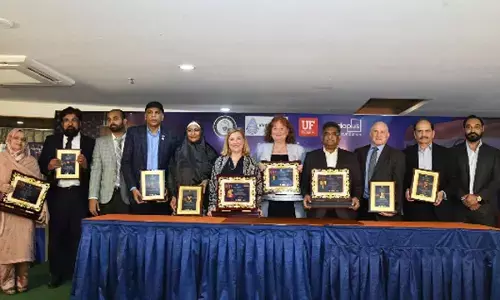A Momentous Affirmative Action, Indeed

The Supreme Court on Monday upheld the Constitutional validity of 103rd Constitutional Amendment which grants 10 per cent reservation to Economically Weaker Sections (EWS) among the forward castes (Janhit Abhiyan vs Union of India and others).
The Supreme Court on Monday upheld the Constitutional validity of 103rd Constitutional Amendment which grants 10 per cent reservation to Economically Weaker Sections (EWS) among the forward castes (Janhit Abhiyan vs Union of India and others). The Constitution Bench that gave the verdict comprised Chief Justice of India (CJI) U U Lalit and Justices Dinesh Maheshwari, S Ravindra Bhat, Bela M Trivedi and J B Pardiwala, with the CJI U U Lalit and Justice Ravindra Bhat dissenting from the majority opinion. In fact, there were four separate judgments that were delivered by the Bench on Monday in this regard.
The EWS quota has become one of the contentious issues in modern India with several State governments preferring to pass legislations in its favour even if to appease upper classes coming under the pressure of vote bank politics. There has always been another question of whether reservations (total) could cross 50 per cent for all categories. Justice Dinesh Maheswari maintained against such objections when he asserted that EWS Amendment does not violate the basic structure as it is based on economic criteria, state forming special provision for EWS quota does not violate the basic structure. It is a means of inclusion of any class or section so disadvantaged.
Reservation on economic basis does not violate the basic structure of the Constitution. To a question on whether the total reservations could cross 50 per cent, Justice Maheswari felt that the breach of 50 per cent (laid down by the Supreme Court in Indira Sawhney judgment) for reservation is application only for reservation with respect to especially backward classes under Article 16 (4) and (5).
This ruling in a way upholds the validity of Jawaharlal Nehru's firm belief that Constitution should be dynamic and not static to progress towards the development of all sections and the nation. Blind adherence to a law passed at a point of time may have to undergo changes required with the changes to the time. Justice Bela M Trivedi, too, concurred with Justice Maheswari by way of a separate judgment. She said that the amendment enabling State to make special provision for those other than Scheduled Castes/Scheduled tribes should be treated as affirmative action by the Parliament.
For Justice Bela Trivedi it was an amendment as a separate class which was a reasonable classification. Justice Pardiwala moved a step forward and said those who have already benefited from the reservations should be removed from the list so that reservation does not continue for indefinite time so that it becomes a vested interest. Justice Ravindra Bhat, however, felt that it was tantamount to deluding us to believe that those getting social and backward class benefit are somehow better placed. He was against excluding SC/ST and OBCs from EWS quota as it amounted to discrimination.
The Central government had told the Supreme Court in the past that 10 per cent reservation for the economically weaker sections amongst general category of population was an "affirmative action" and distinct from the 50 per cent reservations provided for the SC, ST and OBC community, and does not impinge on it. The Attorney General K K Venugopal told the Constitution Bench that it was aimed to benefit members of the nearly 18 crore economically weaker segment of population falling under the general category. A remarkable judgment it indeed is!














